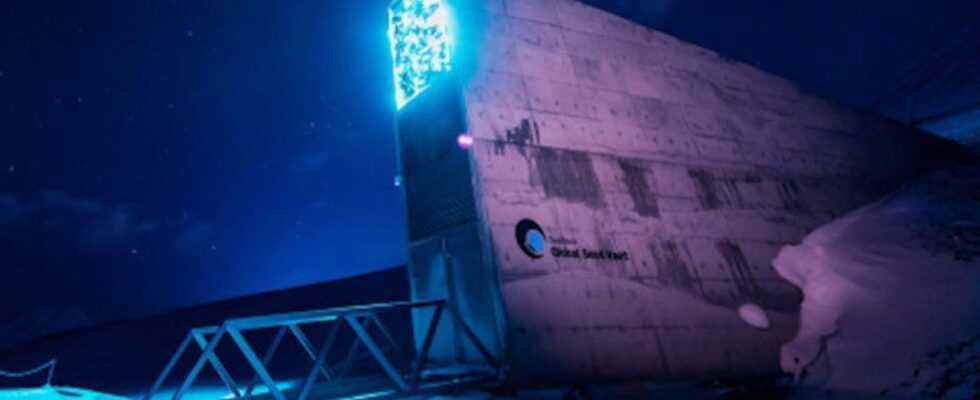Imagine that the music you are listening to now could be heard again thousands of years from now. It’s the crazy idea of Microsoft and the Norwegian company Elire. Explanations…
Among the many projects for the conservation of the heritage of humanity, we discover an interesting novelty called the Global Music Vault. It is inspired by the Global Seed Vault, which already stores the seeds of more than one million plant species on the island of Spitsbergen (Norway). Imagined by the company Elire, this initiative is made possible by Microsoft, a partner that provides the technological solution that we have already heard about behind the code name Project Silica.
Project Silica is the name given to a technology for storing data in quartz glass etched using lasers. This has a significant advantage from a conservation perspective: these plates have a lifespan of several thousand years. In addition, they are resistant to electromagnetic pulses and the harshest environmental conditions. Perfect for allowing future generations (civilizations?) to discover the rhythms that frenzied the evenings of the second millennium.
Small precision which is however important, reading these plates requires real paraphernalia consisting of a microscope connected to a computer, a camera and a source of polarized light, all associated with machine learning (artificial intelligence). It sounds very complicated, but this technology has already proven itself in the past, Microsoft has been working on it for a while.
Just like the seed bank, this global musical vault would also find its place on the island of Spitsbergen. It only remains to know which pieces will be carefully selected to obtain the right to cross the millennia. In this regard, the initiators of the project have announced that they are working with the International Music Council to ensure that music from all over the world is engraved.
